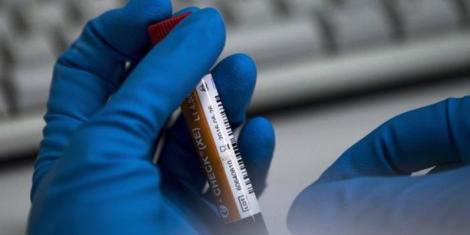
There has been a spike in the number of Kenyan athletes who have fallen victim to Anti-Doping violations.
According to the Athletics Integrity Unit (AIU) 10 Kenyan athletes have been banned for doping violations in 2022 after testing positive for Norandrosterone and Triamcinolone.
Currently, Athletics Kenya (AK) has begun a program that will see close to 400 upcoming runners trained on the benefits of not using performance-enhancing substances.
Also Read: AIU Head Offers Solution to Kenya's Doping Menace
According to the AIU anti-doping rules, one should neither associate with nor support athletes who have been sanctioned.
“Athletes and other Persons must not work with coaches, trainers, physicians or other Athlete Support Personnel who are Ineligible on account of an anti-doping rule violation or who have been criminally convicted or professionally disciplined in relation to doping,” the rules states.
The anti-doping violation if one did so is known as ‘Prohibited Association’ and could lead to sanctions too.
The rule also prohibits association with any other Athlete who is acting as a coach or Athlete Support Person while serving a period of Ineligibility.
“Some of the types of association that are prohibited include: obtaining training, strategy, technique, nutrition or medical advice; obtaining therapy, treatment or prescriptions; providing any bodily products for analysis; or allowing the Athlete Support Person to serve as an agent or representative,” the AIU rule states.
AIU Head Brett Clothier pointed out that the Anti-Doping Agency of Kenya needed more funding to fight against doping.
The AIU is the independent body tasked to manage both doping and non-doping violations for the sport of athletics.
Aslo Read: Eliud Kipchoge’s Three Self-Discipline Rules Key to His Success
